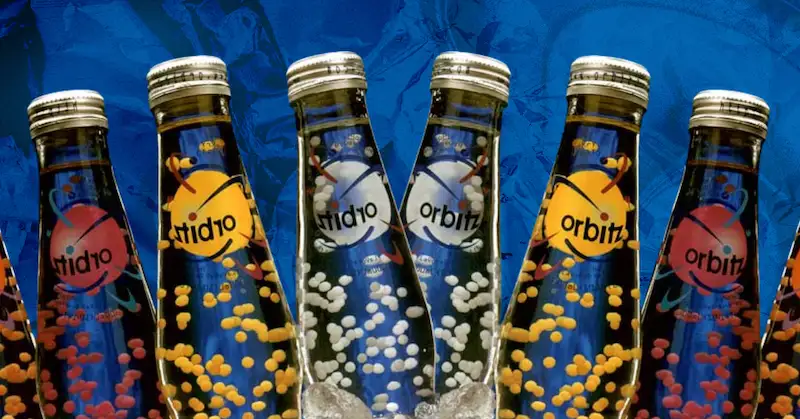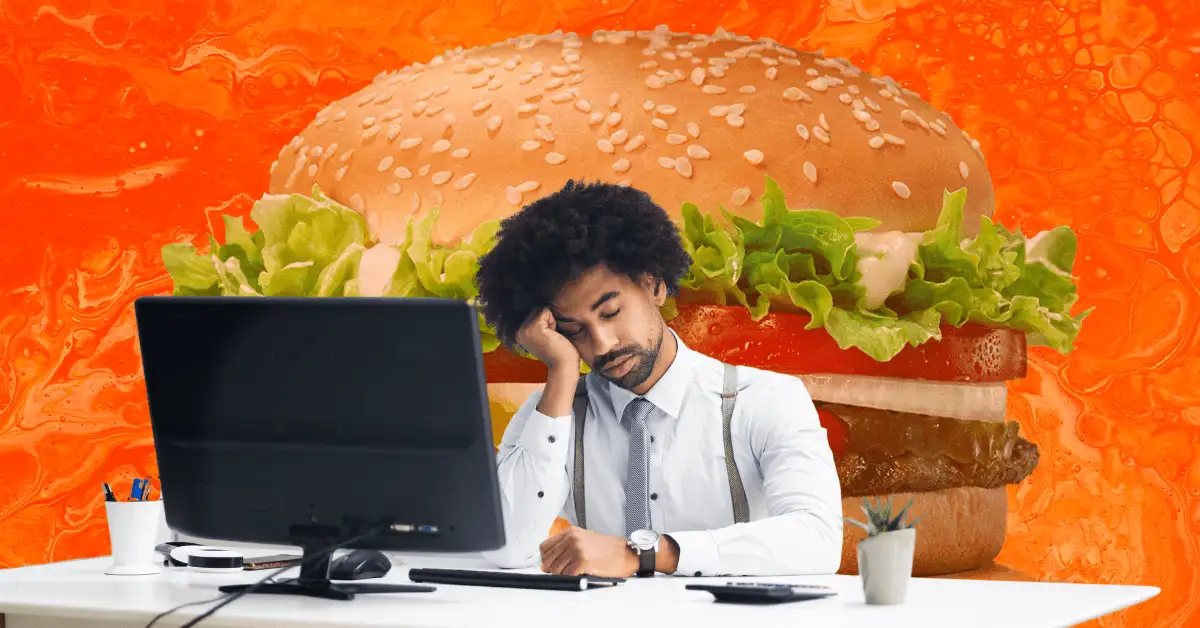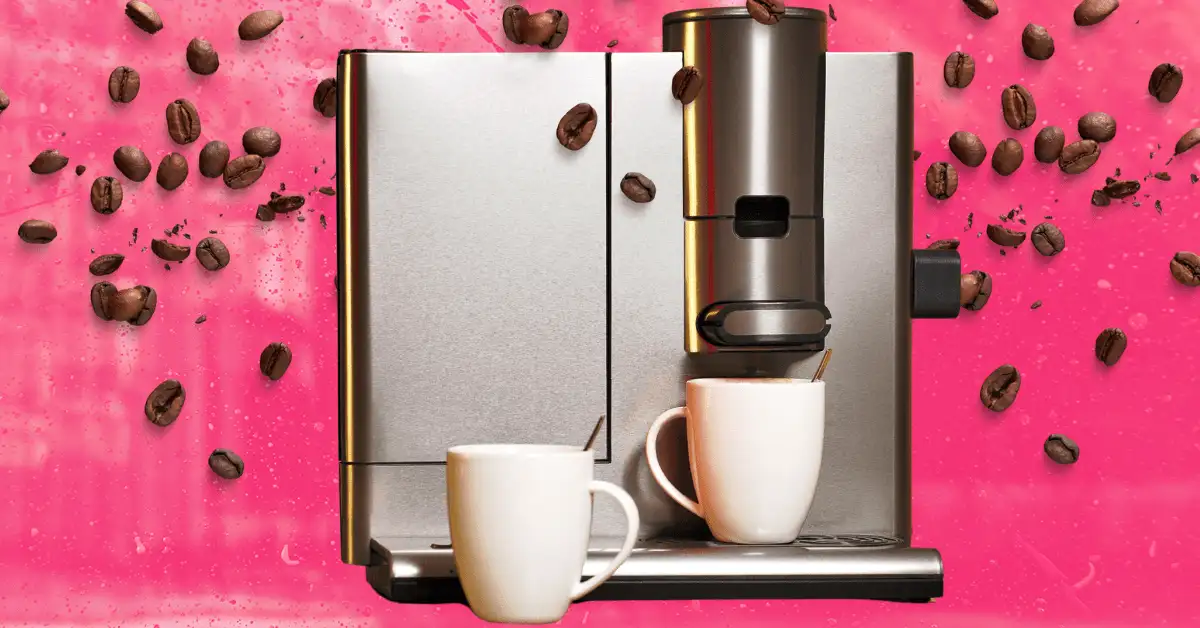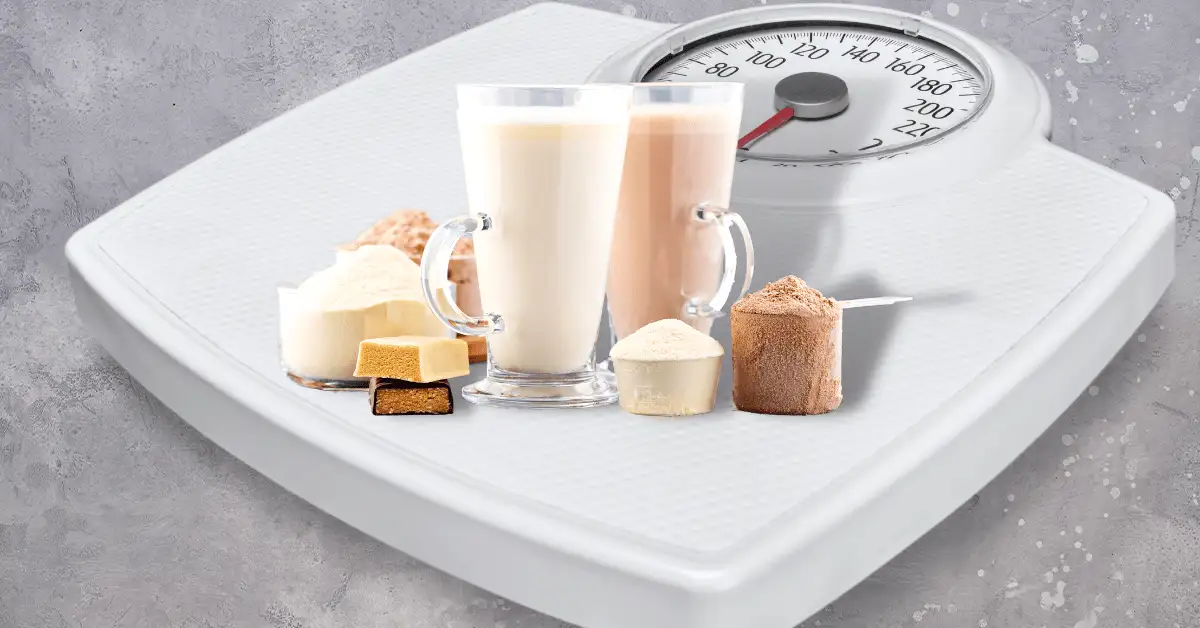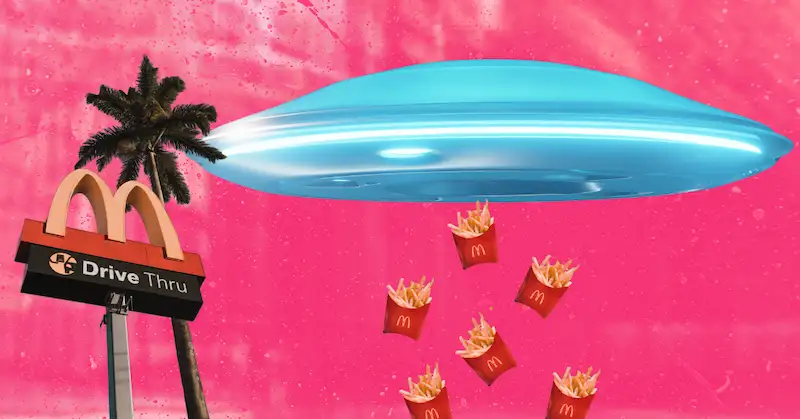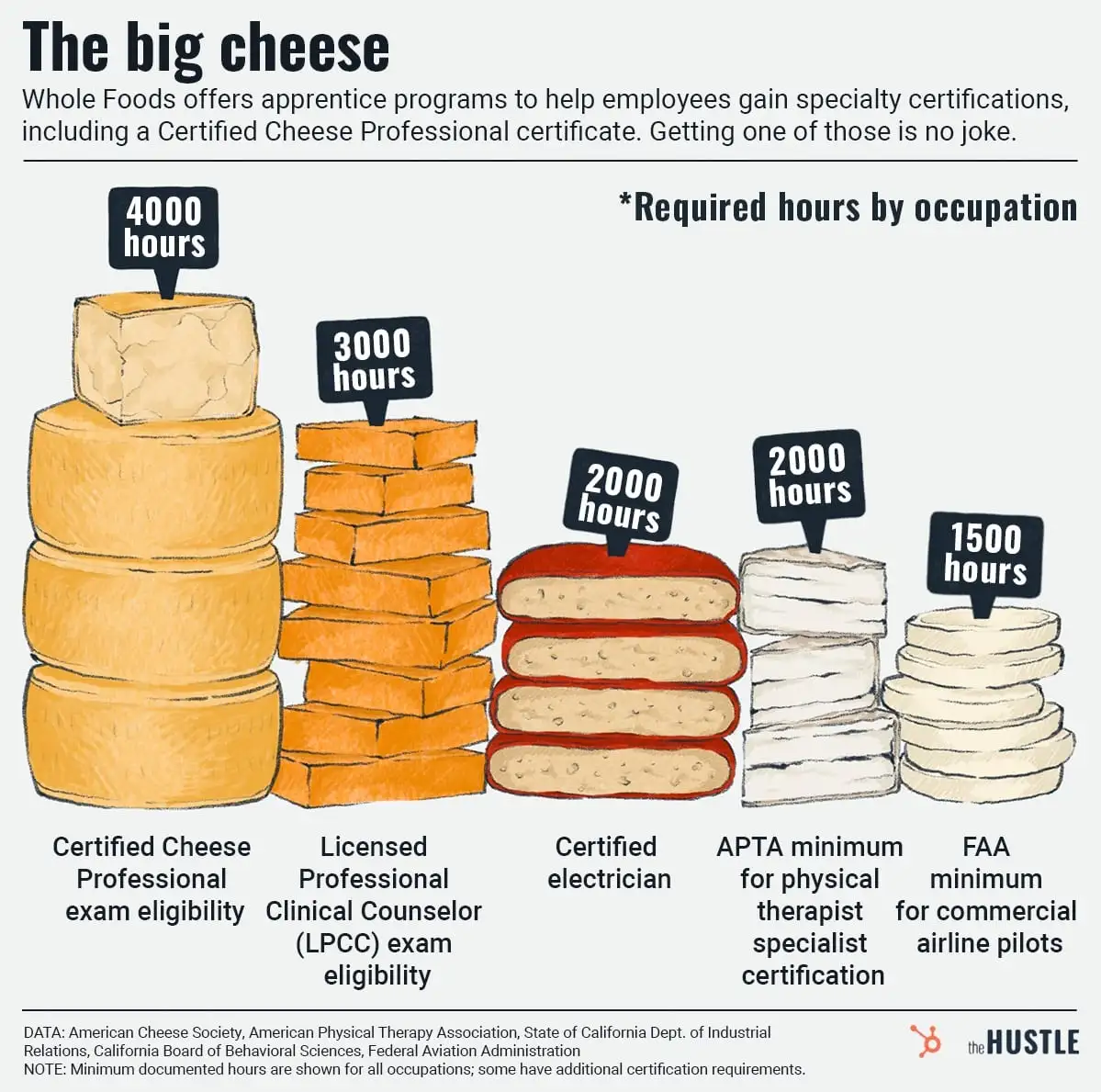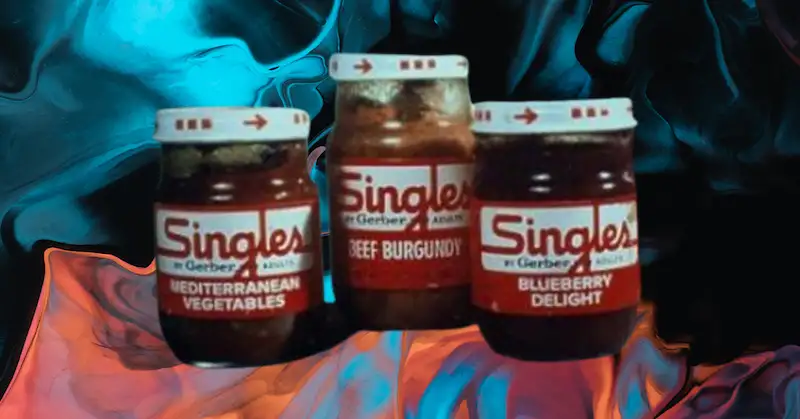There are many culprits of climate change, but a big one is food waste.
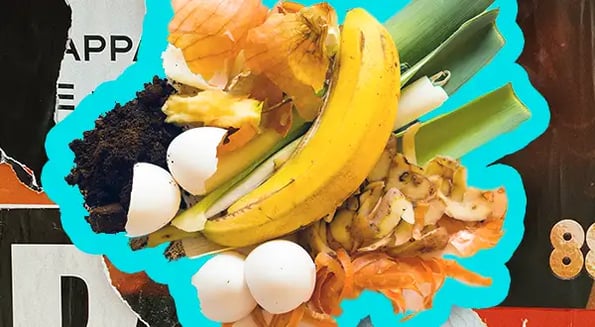
According to the UN Environment Programme, food waste makes up 8%-10% of greenhouse gas emissions, and accounts for $940B in annual economic losses globally. Yikes.
Enter the circular economy…
… which refers to repurposing waste rather than tossing it to a landfill.
While the concept applies to various industries (e.g., fashion, tech), the circular food space is thriving by bringing table scraps back to life.
Examples include:
- Loop Mission, which buys extra and/or ugly produce that would otherwise go untouched, and squeezes it into juices and other products.
- Pulp Pantry, which takes veggie pulp that’s typically discarded post-juicing, and turns it into chips.
- Silo, a fine dining restaurant in London, which repurposes would-be food waste to create new dishes.
Besides making new food…
… other startups are building tech to help chefs track their waste. Winnow, which makes software-enabled kitchen tools, helps commercial kitchens track waste to improve planning for the future — it’s already saved 36.5m meals.
While munching on old table scraps might not sound appetizing, it’s probably not as bad as you think. Last year, Mark Cuban picked Pulp Pantry as 1 of his 5 favorite holiday gifts.
BTW, for more Pulp Pantry and Cuban, check out “Shark Tank” tomorrow, where founder Kaitlin Mogentale is set to appear.


